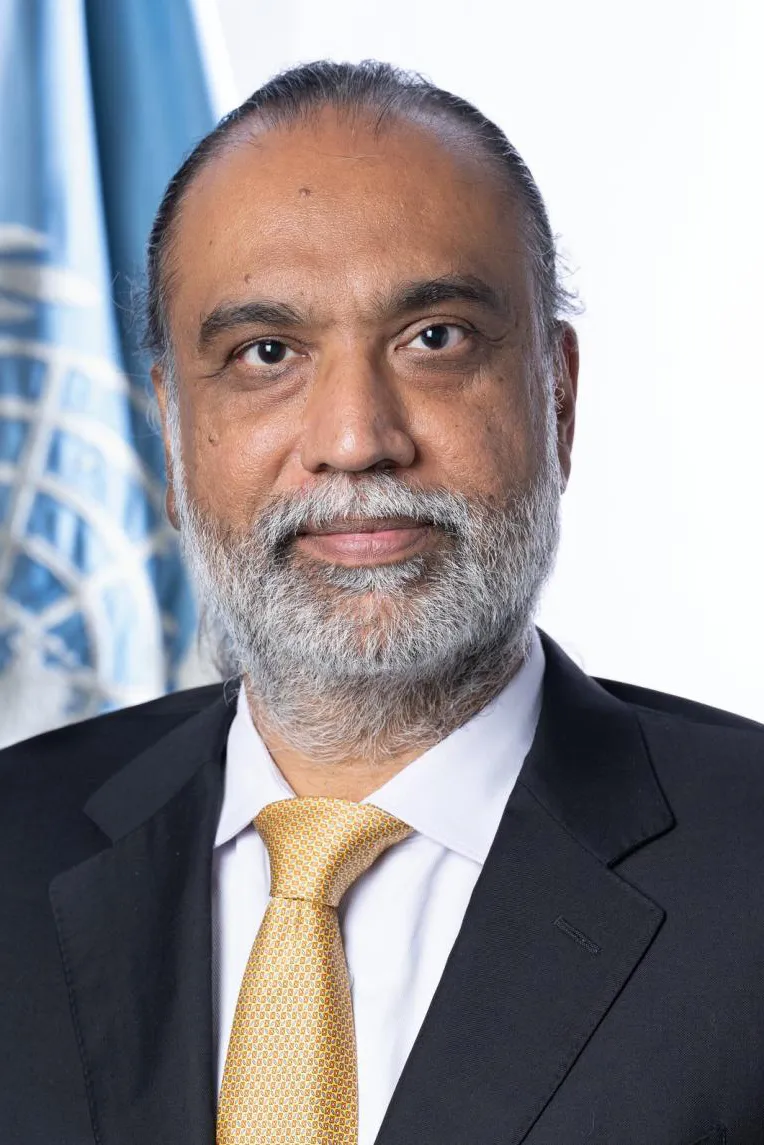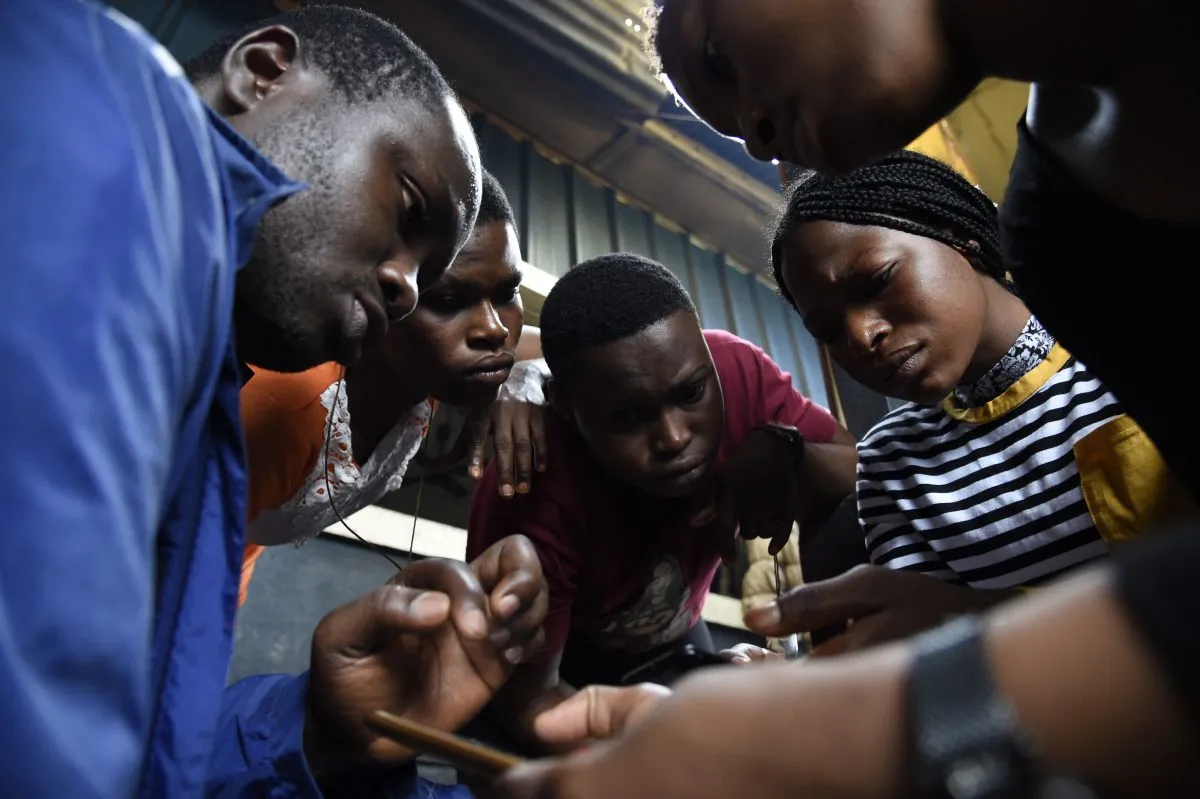As the Global Digital Public Infrastructure (DPI) Summit in Cairo approaches this October, the spotlight must be firmly placed on Africa’s glaring digital connectivity challenges and the need for interoperable society-wide digital systems. With only 36% internet penetration, the continent is lagging alarmingly behind other regions. The lack of connectivity and adequate interoperability is reflected in the low levels of intra-African trade, which currently accounts for only about 14% while trade between the continent and the European Union accounts for a staggering 75%.
Today, society-wide digital systems, such as digital identities, data exchange and payment systems are not only the backbone for inclusive growth and regional economic integration but the foundation for inclusion. In Africa, the African Continental Free Trade Area (AfCFTA) aims to create the largest integrated market in the world through the vision of a ‘One African Market.’ If fully implemented, this could increase incomes by 9% by 2035 and lift 50 million people out of poverty, and digital public infrastructure (DPI) is a key component to making this possible.
However, to unlock this potential, we must address key challenges such as the lack of digital connectivity, especially in rural areas, and the need for interoperable legal, regulatory and technical frameworks that ensure that DPI such as digital identity and payment systems, can be used across the entire continent.
Encouragingly, progress is already afoot at both policy and practical levels. The recently adopted AfCFTA Digital Trade Protocol marks a critical moment in Africa’s digital transformation journey. This protocol is more than a policy document; it is a strategic legal framework designed to promote interoperability of digital trade regulations across borders, making it easier for technology-driven innovation and commerce to flourish. A key element of this effort is the facilitation of cross-border digital payments, which can unlock new opportunities for businesses and consumers alike, enabling seamless financial transactions across African borders. However, the success of the protocol fundamentally depends on political commitment and our collective efforts to build out the DPI that will support its implementation. Without robust DPI – comprising reliable internet connectivity, secure data governance frameworks, interoperable digital systems, and widespread digital literacy – the ambitious goals of the protocol will remain out of reach for most Africans.
We already see concrete steps across the continent to build the necessary infrastructure. Initiatives like the 50-in-5, which includes commitments from countries such as Togo, Senegal, Ethiopia, Sierra Leone, and Malawi, exemplify regional efforts to share best practices and technologies that support DPI implementation. At the national level, countries like Uganda, Ghana, and Zambia have embarked on ambitious digital projects aimed at enhancing digital inclusion and governance. Moreover, partnership is critical to laying the foundation for seamless, secure, and interoperable digital payment systems that support not only trade but also financial inclusion across Africa.
The collaboration between the AfCFTA and the United Nations-hosted Better Than Cash Alliance demonstrates the vital importance and effectiveness of coordinated efforts in building the digital ecosystem necessary to advance digital infrastructure. However, building society-wide digital systems, also poses significant risks to individuals and societies. To mitigate these risks, the DPI Safeguards Initiative, led by the Office of the UN Secretary-General’s Envoy on Technology and the UNDP, developed the first universal framework to help countries in building safer and more inclusive DPI. The framework ensures that citizens feel safe and included when using DPI and we can prevent the misuse of powerful society-wide digital systems, helping drive trust and uptake.
On 22 September 2024, world leaders convened in New York for the Summit of the Future, where they adopted a Global Digital Compact. The Global Digital Compact is a comprehensive framework for global governance of digital technology and artificial intelligence. It calls on all stakeholders to engage in realising an open, safe and secure digital future for all.
Digital public goods and digital public infrastructure will also be a key element in the Compact, with world leaders expected to call for increased investment in those areas as well as the development of a set of adaptable safeguards for DPI.
Against this backdrop, the key takeaway from the DPI Summit in Cairo should be a unified commitment to building inclusive, secure, and interoperable digital systems that drive economic growth and social progress. Through international cooperation, shared best practices, and a focus on the specific needs of emerging economies, DPI can become the cornerstone for economic integration, financial inclusion, and sustainable development worldwide.
Want to continue reading? Subscribe today.
You've read all your free articles for this month! Subscribe now to enjoy full access to our content.
Digital Monthly
£8.00 / month
Receive full unlimited access to our articles, opinions, podcasts and more.
Digital Yearly
£70.00 / year
Our best value offer - save £26 and gain access to all of our digital content for an entire year!


 Sign in with Google
Sign in with Google 



